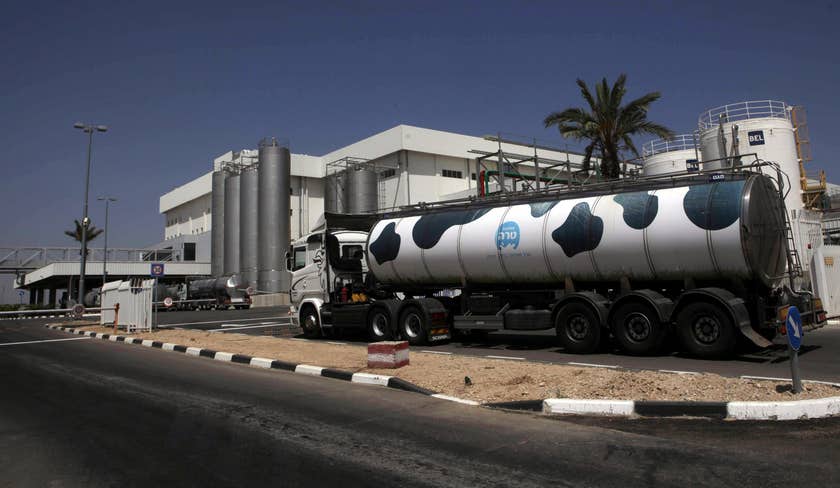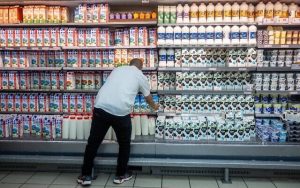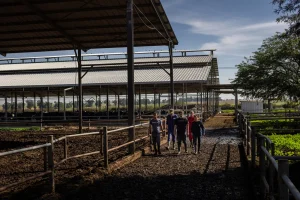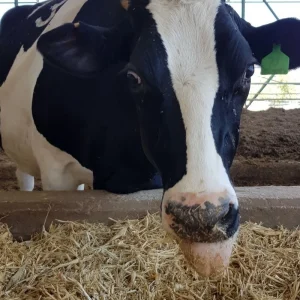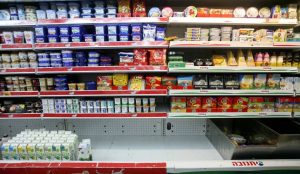
Israel’s dairy market suffers from two ills. The first is the fact that it’s a market that is entirely planned and controlled. The second is that it is subject to the draconian rules of kashrut, Jewish dietary law.
The dairy economy is planned from beginning to end. The price that dairy manufacturers pay farmers for raw milk is set by law. The amount of milk dairy farms produce is not a function of supply and demand on the free market. Rather, it is set every year by the agriculture minister. The order specifying the amounts is based on a recommendation from the Israel Dairy Board, which is entrusted by the state to plan the dairy market – including the setting of production quotas for the farmers.
But the market’s troubles don’t end with planning. One of the main factors in the high price of food in Israel is kashrut. The Chief Rabbinate does not permit dairies to work on the Sabbath and Jewish holidays, even if the employees are not Jewish. Since this year’s fall holidays all fell in the middle of the week, there were few production days. The result: empty supermarket shelves.
The shortage has sparked disagreement. The farmers and supporters of planning in the dairy market have blamed the problem solely on the matter of kashrut, while supporters of reforms to the dairy market argued that the shortages are evidence that the “Bolshevik” planning principle needs to be a thing of the past. The bitter truth is that both sides are correct.
For years, the farmers’ lobby and the Dairy Board have claimed that the planned market is a solution that responds to the needs of the demand and protects the farmers’ living. It’s an argument that has now been proven incorrect, certainly in a situation in which the calendar is known in advance. All of that doesn’t absolve the rabbinate and the kashrut supervision network of responsibility, however. Evidence of that is that while supermarkets in Israel have not had milk, Jews abroad could buy milk produced overseas by dairies on Shabbat and Jewish holidays.
The absurd situation with the dairy market in Israel has to stop. Granted that over the past decade, some of the quotas on dairy products have been removed following agreements between the Finance Ministry and the farmers’ lobby. But the time has come to entirely eliminate the quotas and the planning principle. Instead, the farmers should receive direct support – a model that was adopted in Europe in 2015.
At the same time, the ministers of finance, religious services and agriculture must work together with the rabbinate to permit work at the dairies on Shabbat and holidays. Even if a nonkosher dairy is not an option (meaning not financially feasible), because most supermarket chains will not sell nonkosher dairy products, production on Shabbat and holidays would ensure an orderly supply of milk to drink throughout the year. Due to the need to maintain freshness, it is very doubtful that milk itself would be feasible to import.
